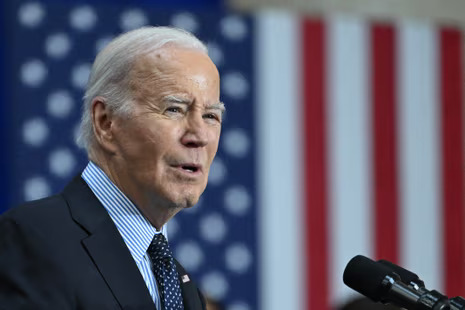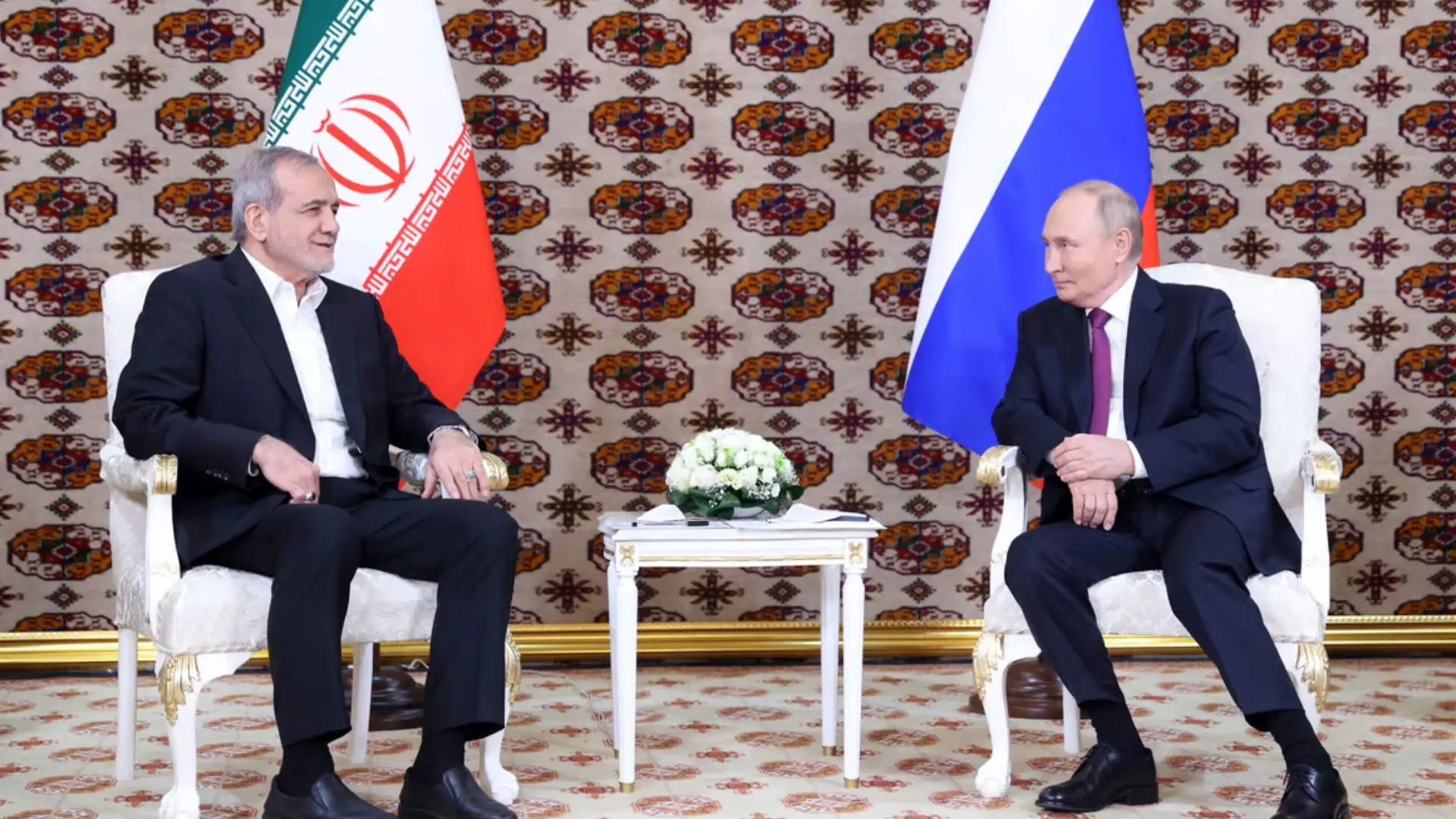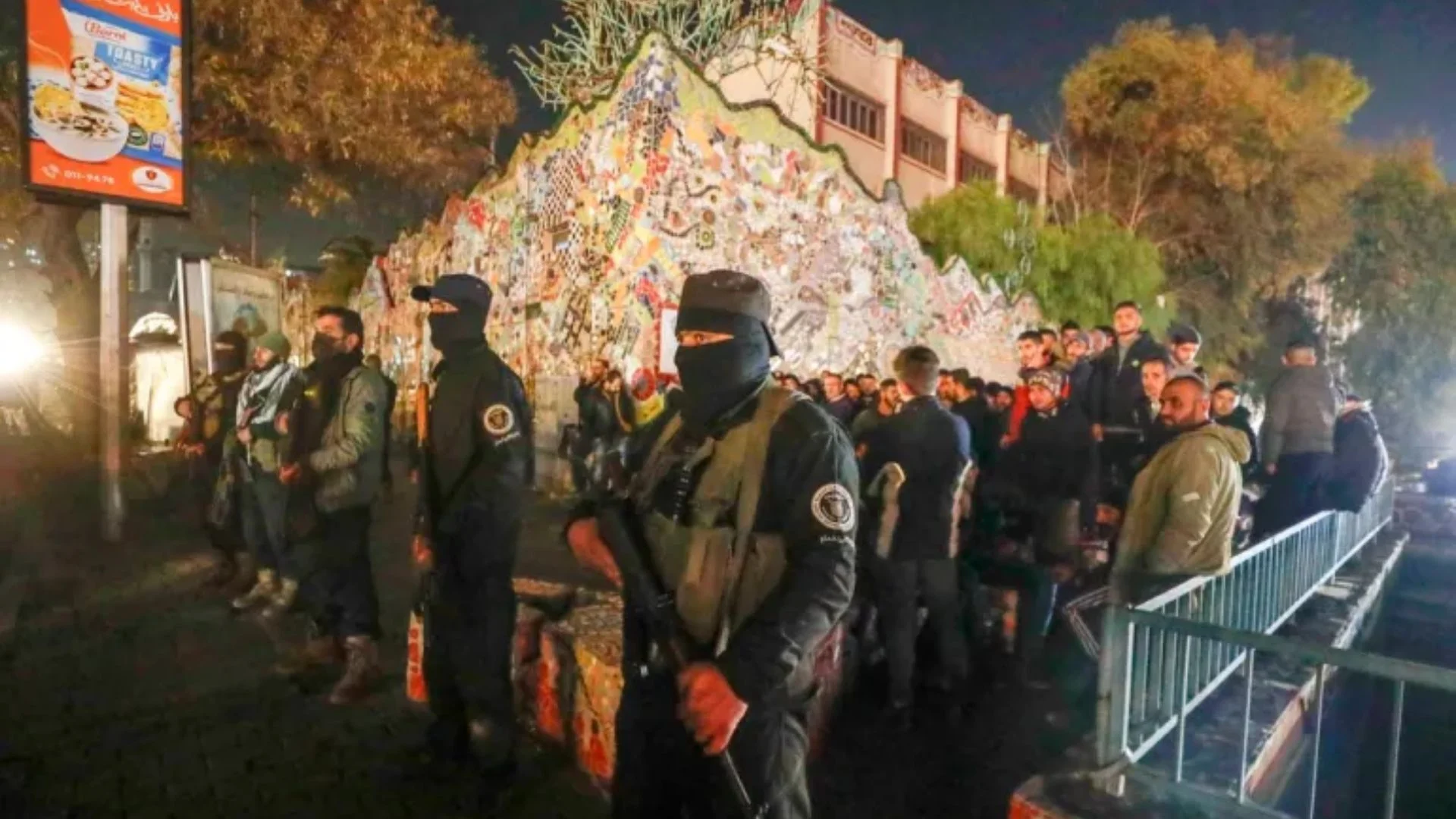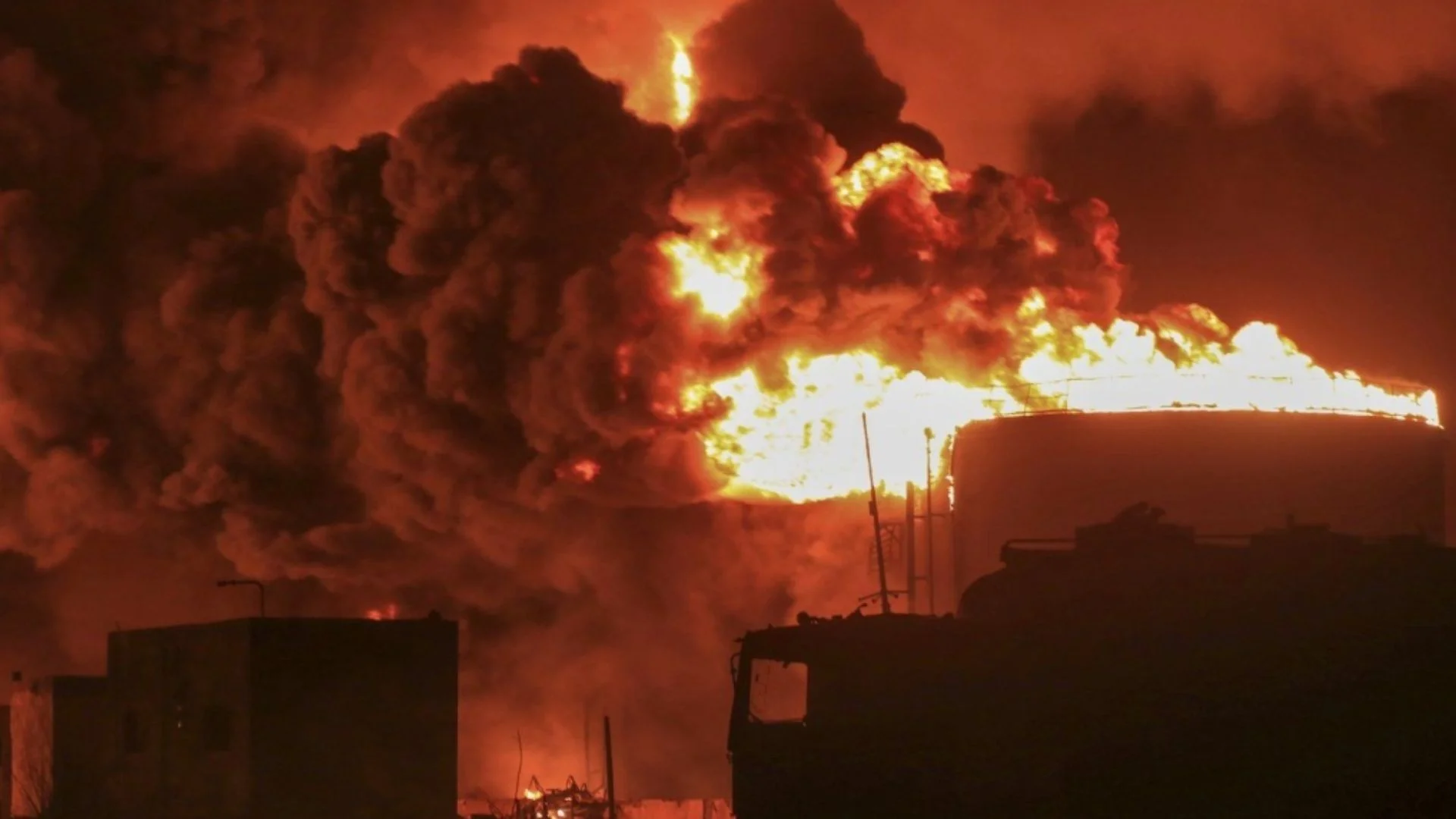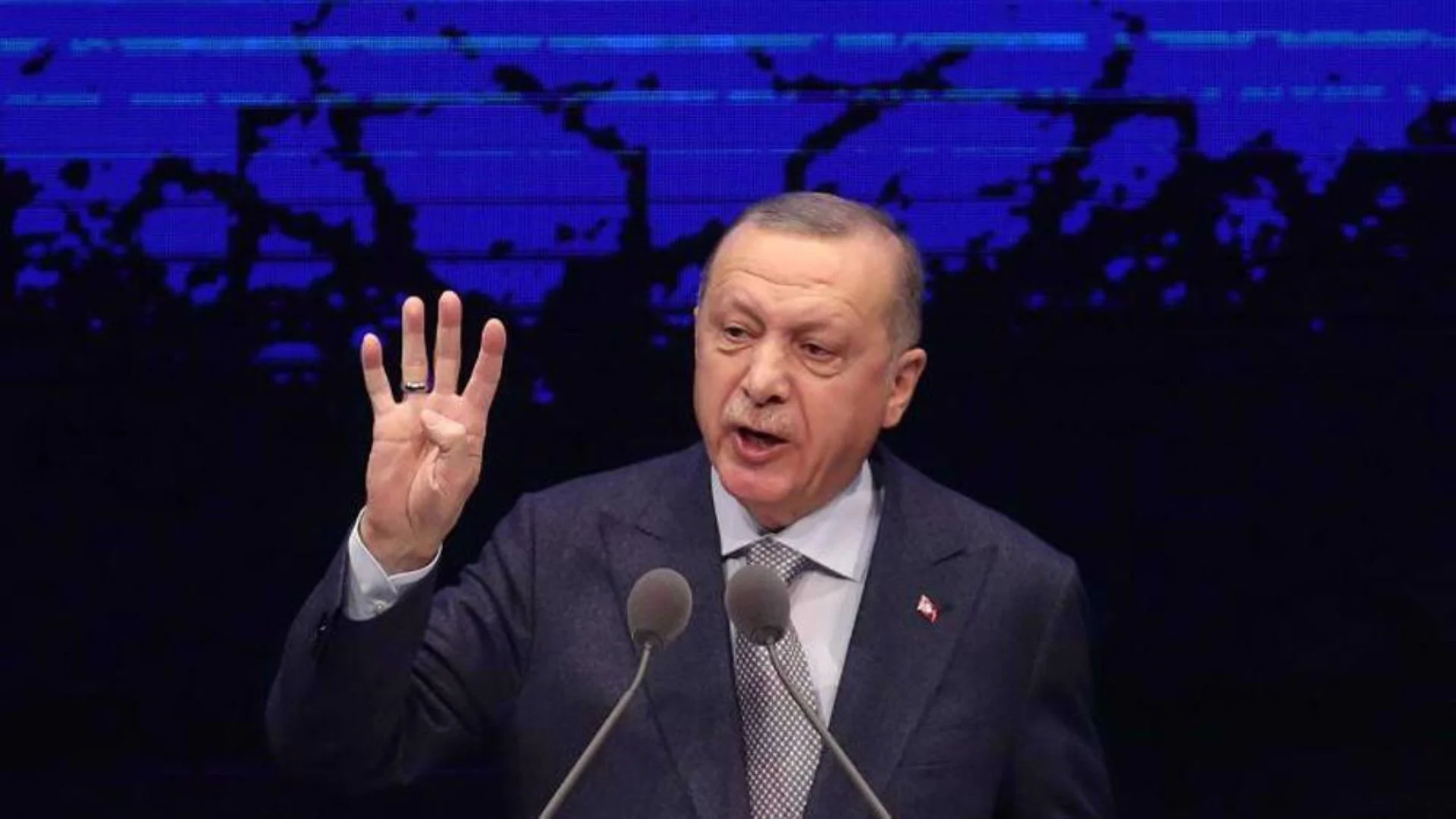US President Joe Biden convened crisis talks with his national security team on Monday due to rising concerns that an Iranian counterattack on Israel could lead to a full-scale war in the Middle East. Biden, who returned to the White House from a weekend in Wilmington, Delaware, quickly resumed work in the Oval Office, meeting with officials including Vice President Kamala Harris. The primary focus was on the escalating situation in the region.
Secretary of State Antony Blinken engaged in intensive diplomatic efforts to de-escalate the situation, including calls to key regional leaders. Blinken contacted the prime minister of Qatar and the foreign minister of Egypt, both crucial in the ceasefire negotiations between Israel and Hamas. The State Department emphasized the need for all parties to avoid further escalation and work towards calming tensions.
Biden also spoke with Jordanian King Abdullah II about de-escalation efforts, including the possibility of an immediate ceasefire and a deal for the release of hostages. The assassination of Hamas leader Ismail Haniyeh and Hezbollah military chief Fuad Shukr has severely impacted hopes for a ceasefire.
In response to the heightened threat, the United States has increased its military presence in the region with additional fighter jets and warplanes. Blinken indicated that Iran might retaliate within 24 to 48 hours, potentially involving Hezbollah. He urged G7 nations to apply diplomatic pressure on Tehran, Hezbollah, and Israel to maintain restraint.
There is growing tension between Biden and Israeli Prime Minister Benjamin Netanyahu. Despite their recent meeting at the White House, Biden has expressed frustration over Netanyahu’s handling of the situation, particularly following the assassination of Haniyeh, which Biden believes exacerbated tensions. Reports suggest a heated exchange occurred between the two leaders, with Netanyahu resisting claims that he was impeding ceasefire and hostage negotiations.

